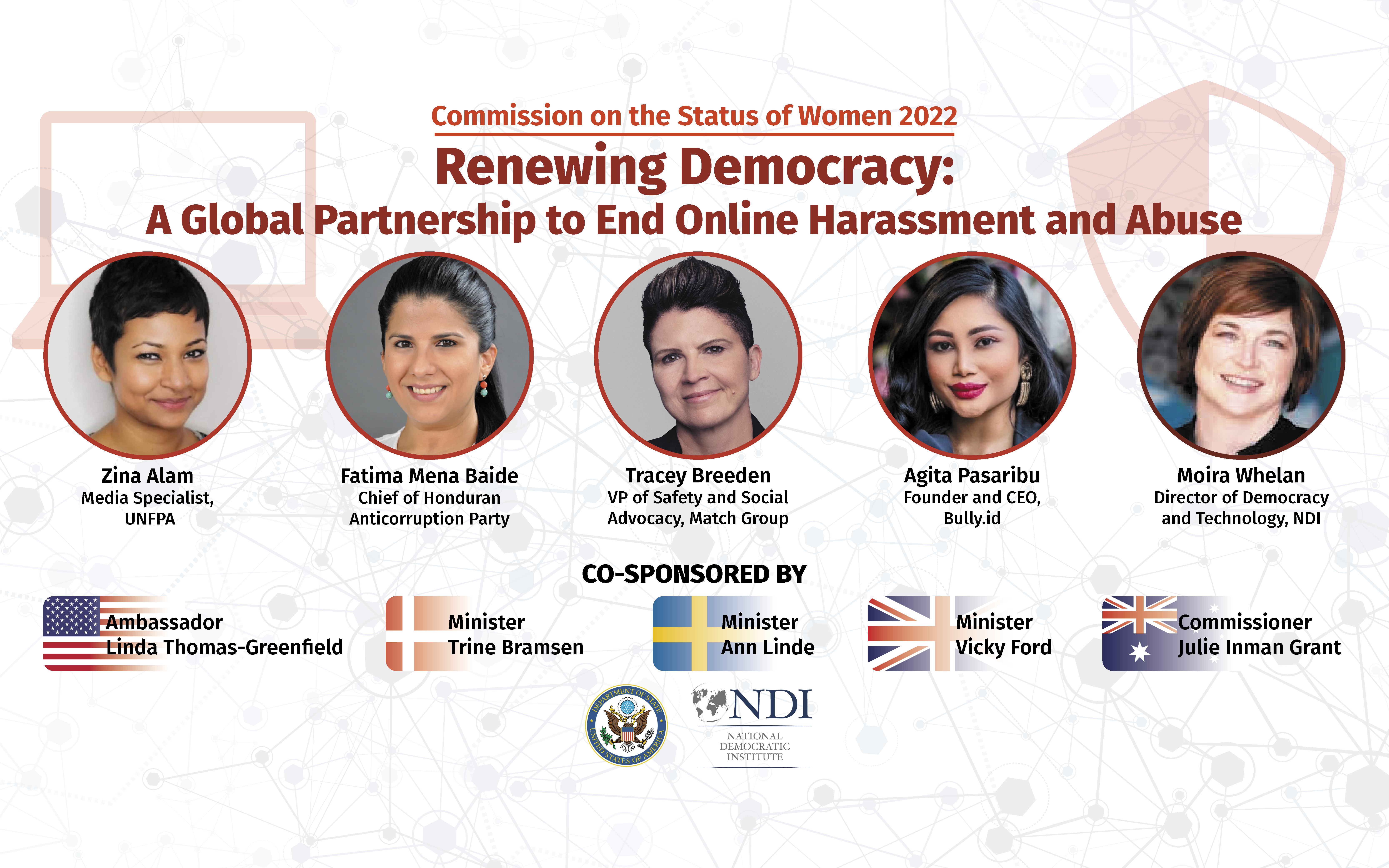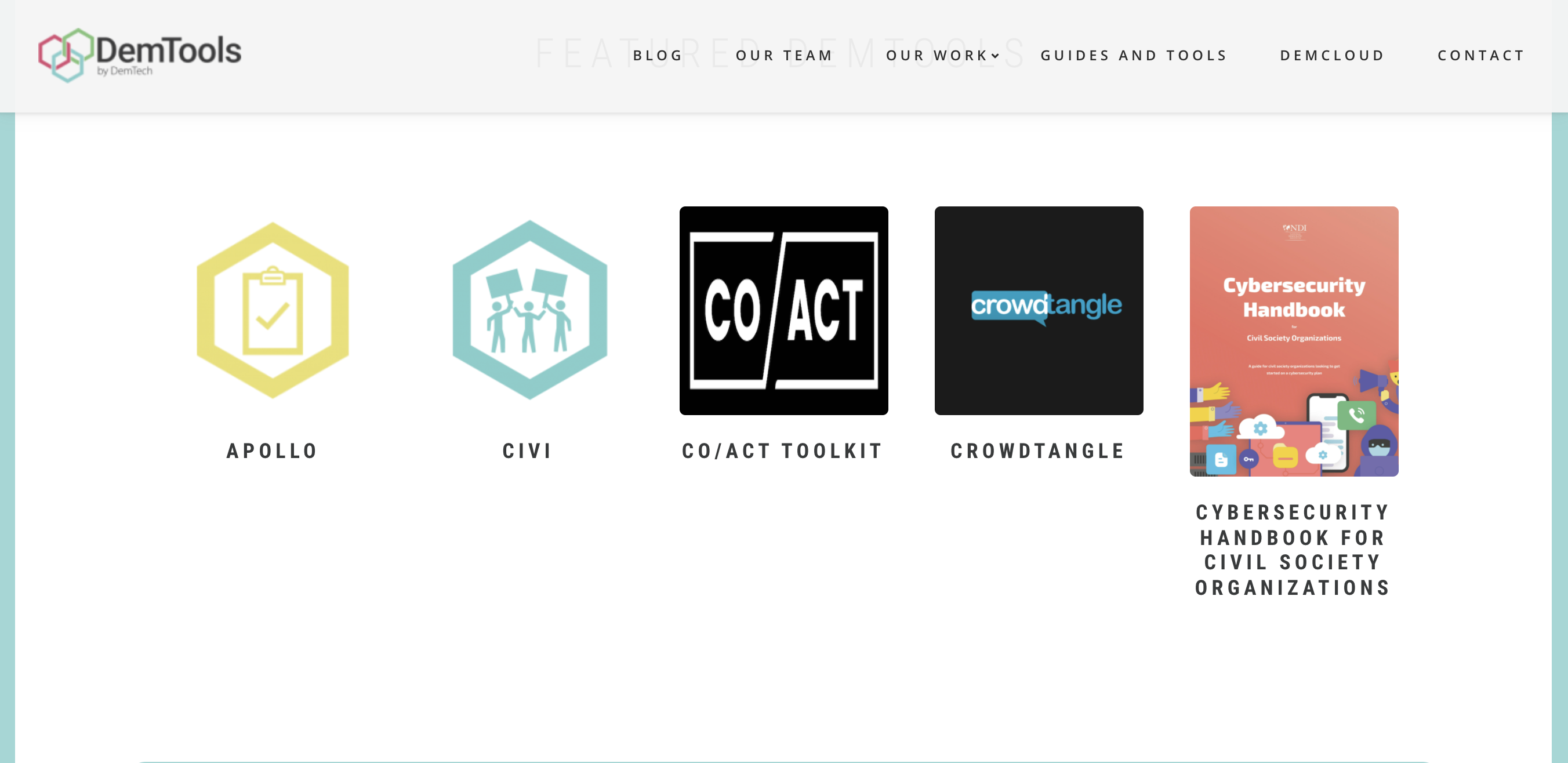Internet governance refers to the processes to make decisions about how the internet is managed locally, nationally, regionally and internationally. This sociotechnical infrastructure (which includes the people, practices, standards and institutions that govern different components of the internet) has evolved in a way that is often indifferent to questions of human rights, justice and democracy.
The future of open societies in the digital age depends on the ability of those who believe in democracy and human rights to effectively and safely make use of the internet. Despite significant investments made by the US government and other donors, as well as the efforts of global democracy implementers to develop Internet Freedom and cybersecurity tools to keep at-risk groups connected and secure, the rapid evolution and proliferation of aggressive tactics from digital authoritarians have made democracy and rights organizations less safe than ever online.
On October 17, 2021, Kosovo’s voters went to the polls for the fourth local election in 13 years since independence in 2008. The vote elected the mayors and members of assemblies in 38 municipalities, with the post of mayor changing parties in thirteen municipalities. The Self Determination Movement (LVV) did not capitalize on its support gained in the parliamentary elections in February 2021. The Democratic Party of Kosovo (PDK) and the Democratic League of Kosovo (LDK) won the most mayoral posts and seats in the local assemblies, reversing their decline seen in the February elections.
A strong and vibrant democracy is dependent on information integrity to enable citizens to hold their government accountable on the basis of accurate information. Since independence in 2008, Kosovo has made great strides in developing strong democratic institutions. However, the country faces deep partisan divides, unresolved ethnic tensions, marginalization of women, frequent electoral campaigns, and low government responsiveness to citizens’ concerns. This environment makes Kosovo susceptible to anti-democratic narratives which spread quickly and widely, affecting public opinion.
With the highest internet access in the western Balkans, Kosovo faces vast threats to its information integrity. NDI’s global mission in supporting and strengthening democratic institutions recognizes this growing threat to democratic institutions and political and social fabrics globally. While the internet has empowered billions with access to knowledge, it has also empowered those seeking to undermine democracy.

